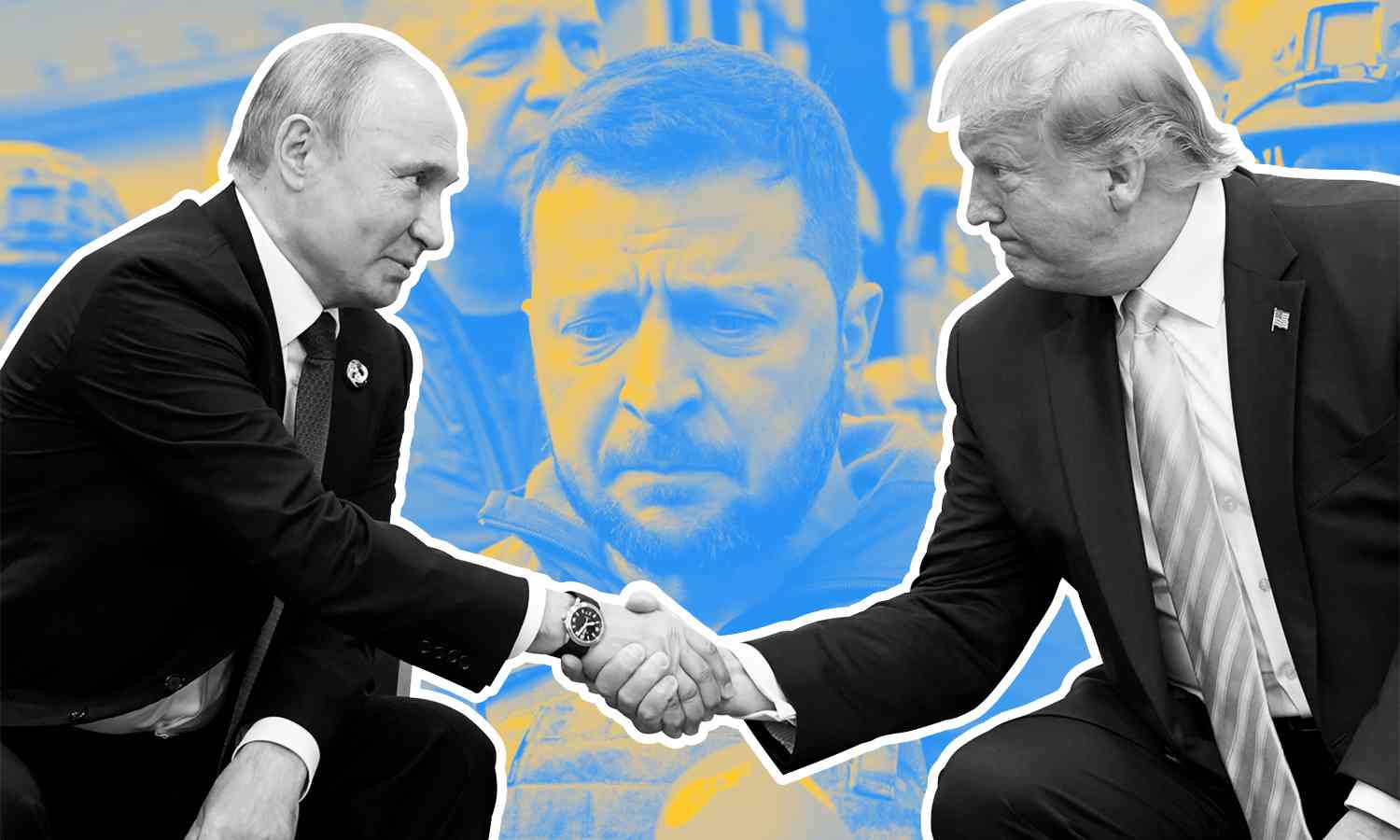Hung out to dry.
A chill went down the collective spine of the European leaders, as Trump called Zelenski - The once lauded hero, as a Dictator, and blames him for the still on-going Russia-Ukraine war. But was this really that unexpected of the big orange and his cronies, given his well documented love for Putin?
For years, the United States has been Ukraine’s most crucial ally in its battle against Russian aggression. Billions in military aid, diplomatic backing, and unwavering rhetoric about standing up to authoritarianism have defined Washington’s role in the conflict. But as Donald Trump reshapes US foreign policy with an “America First” approach, that support is being called into question—perhaps even abandoned. In a striking escalation, Trump has launched his most scathing attack yet on Ukrainian President Volodymyr Zelensky, labelling him a “dictator” and accusing him of corruption. This comes just days after Trump’s phone conversation with Vladimir Putin, raising concerns that the US may be shifting its stance on Ukraine to align more closely with Russia’s perspective.
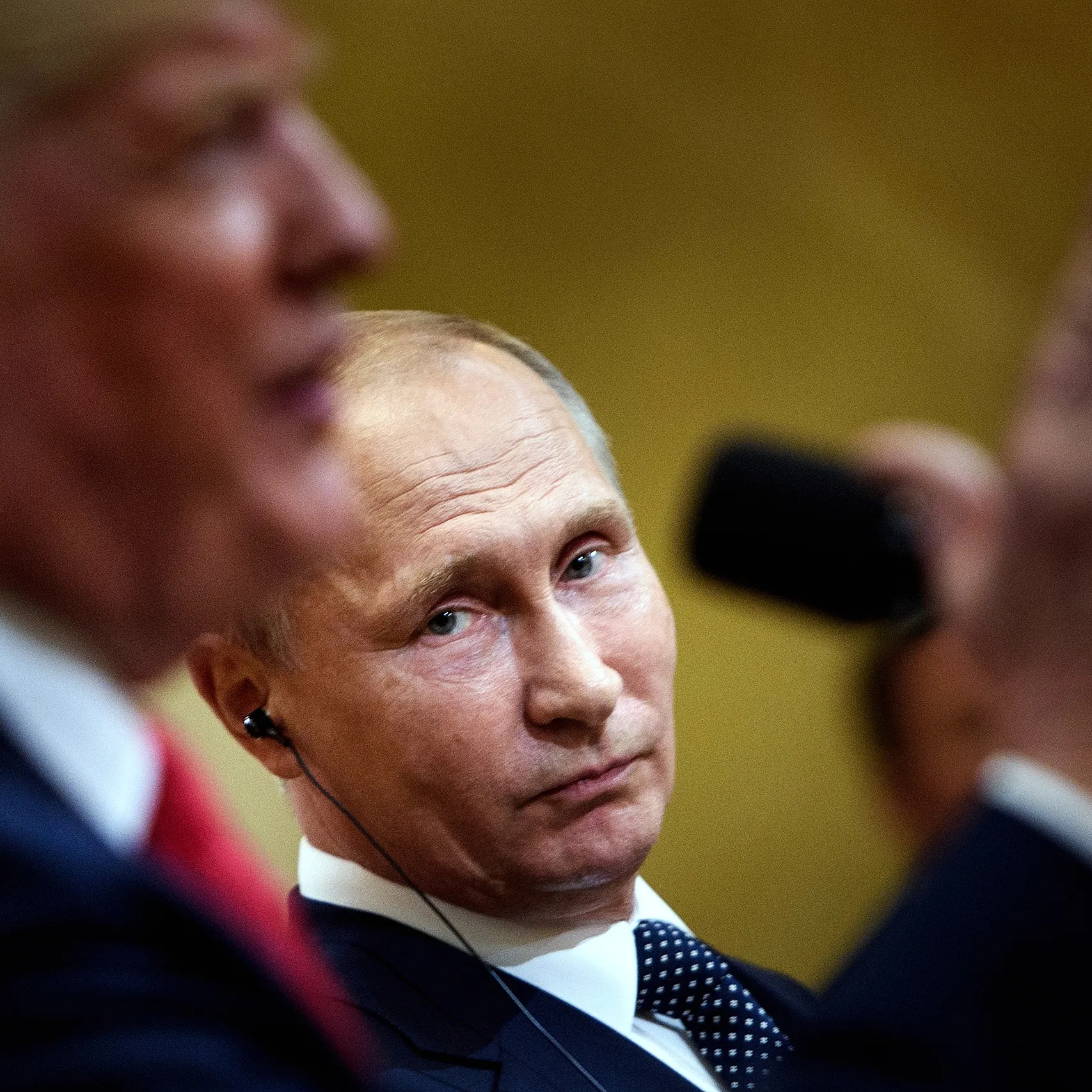
So what will all those Ukrainian Flag posting Republicans do now? Some have voiced mild disapproval of Trump’s remarks, the broader party remains largely silent, unwilling—or perhaps unable—to challenge his authority. Meanwhile, Europe is left wondering whether it must now shoulder the burden of Ukraine’s defence alone, as Washington signals a retreat from its commitments. So, is this a betrayal of Ukraine? A turning point for European security? Or simply a long-anticipated shift in US priorities? Trump’s latest actions suggest that, for better or worse, American foreign policy is entering an era where transactional deals matter more than alliances, and hard power trumps ideals.
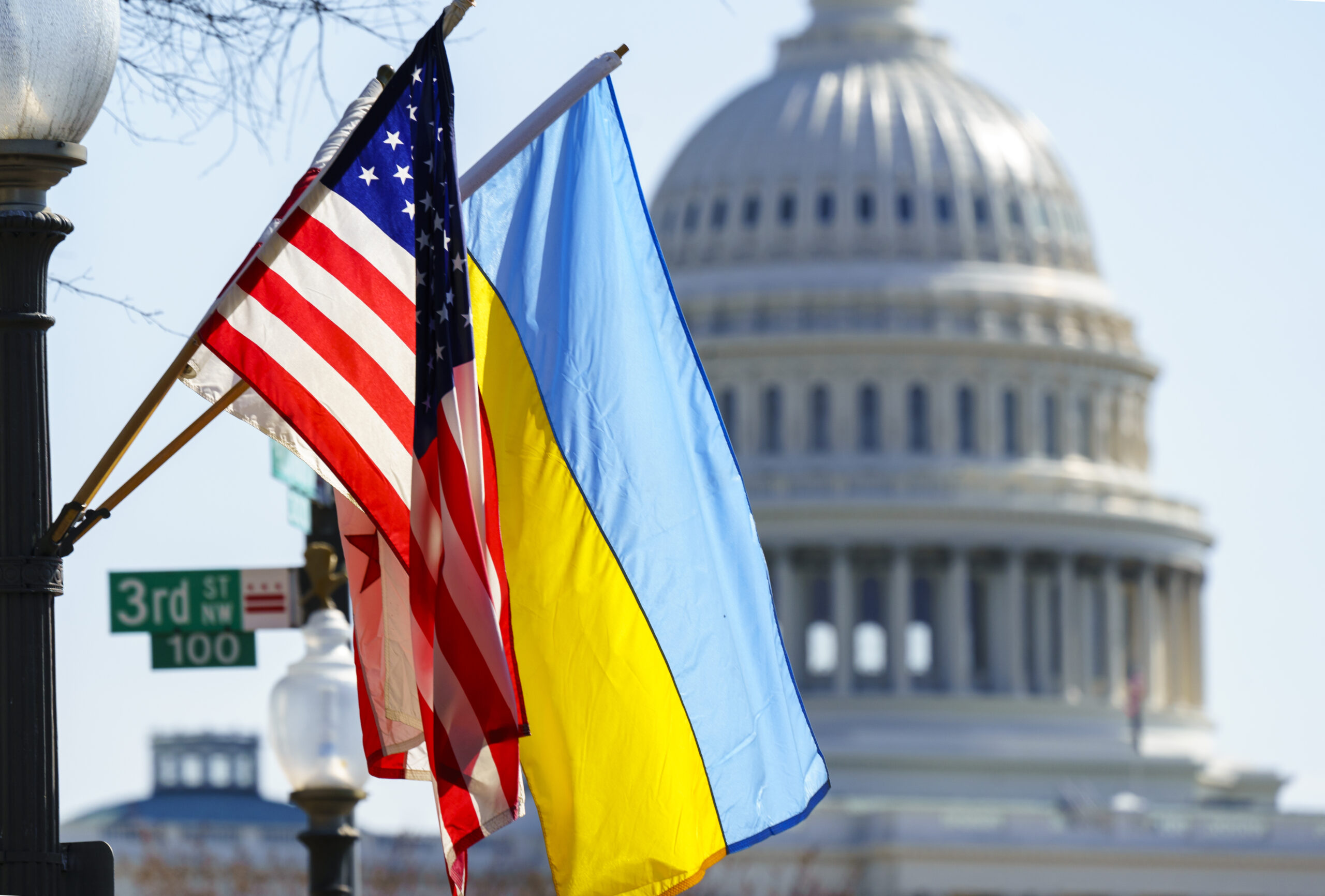
Trump’s Latest Remarks on Ukraine Signal a Stark Shift in US Foreign Policy
If there were any lingering doubts about Donald Trump’s stance on the Ukraine war and America’s support for Kyiv’s struggle against Russia, he dispelled them in unequivocal terms on Wednesday. Taking aim at Ukrainian President Volodymyr Zelensky—who, less than three years ago, received a standing ovation in the US Congress for leading his nation’s resistance against Russian aggression—Trump accused him of corruption and branded him a “dictator.” He went on to claim that Zelensky was eager to keep the “gravy train” of foreign aid flowing, just a day after he appeared to blame Ukraine, rather than Russia, for initiating the war. “Zelensky better move fast, or he is not going to have a country left,” Trump wrote. Classy, as usual.
His comments come less than a week after he held a lengthy phone conversation with Russian President Vladimir Putin. Now, Trump appears to be echoing Russian rhetoric about both the war and Ukraine’s leader. Russia’s ambassador to the UK, Andrei Kelin, welcomed this apparent shift in US policy. “For the first time, we have noticed that they [the US] are not simply dismissing our position as propaganda and disinformation. They are listening, and they hear what we are saying,” he told the British Press.
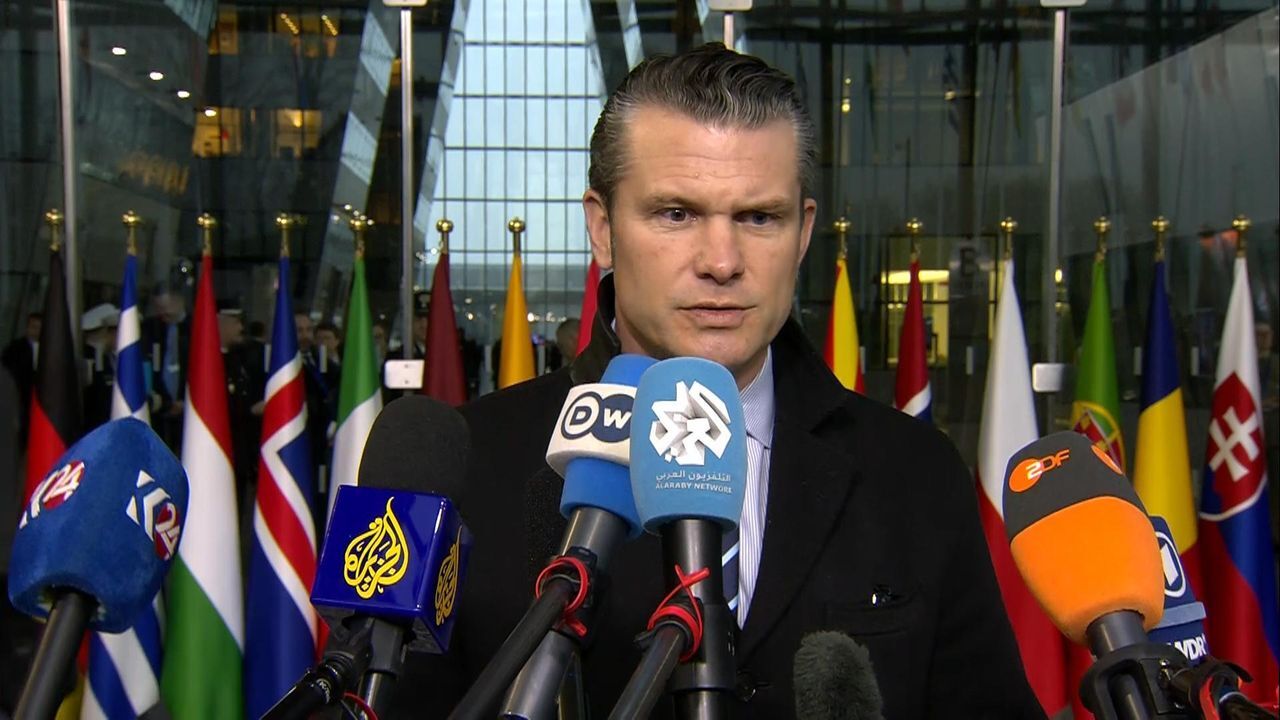
This dramatic pivot in America’s foreign policy stance may seem abrupt, but it is far from unexpected. Trump has been steering in this direction for years. His latest remarks reflect a leader who now wields complete control over his party and the machinery of government, using his authority to reshape US foreign policy through the lens of his transactional “America First” doctrine.
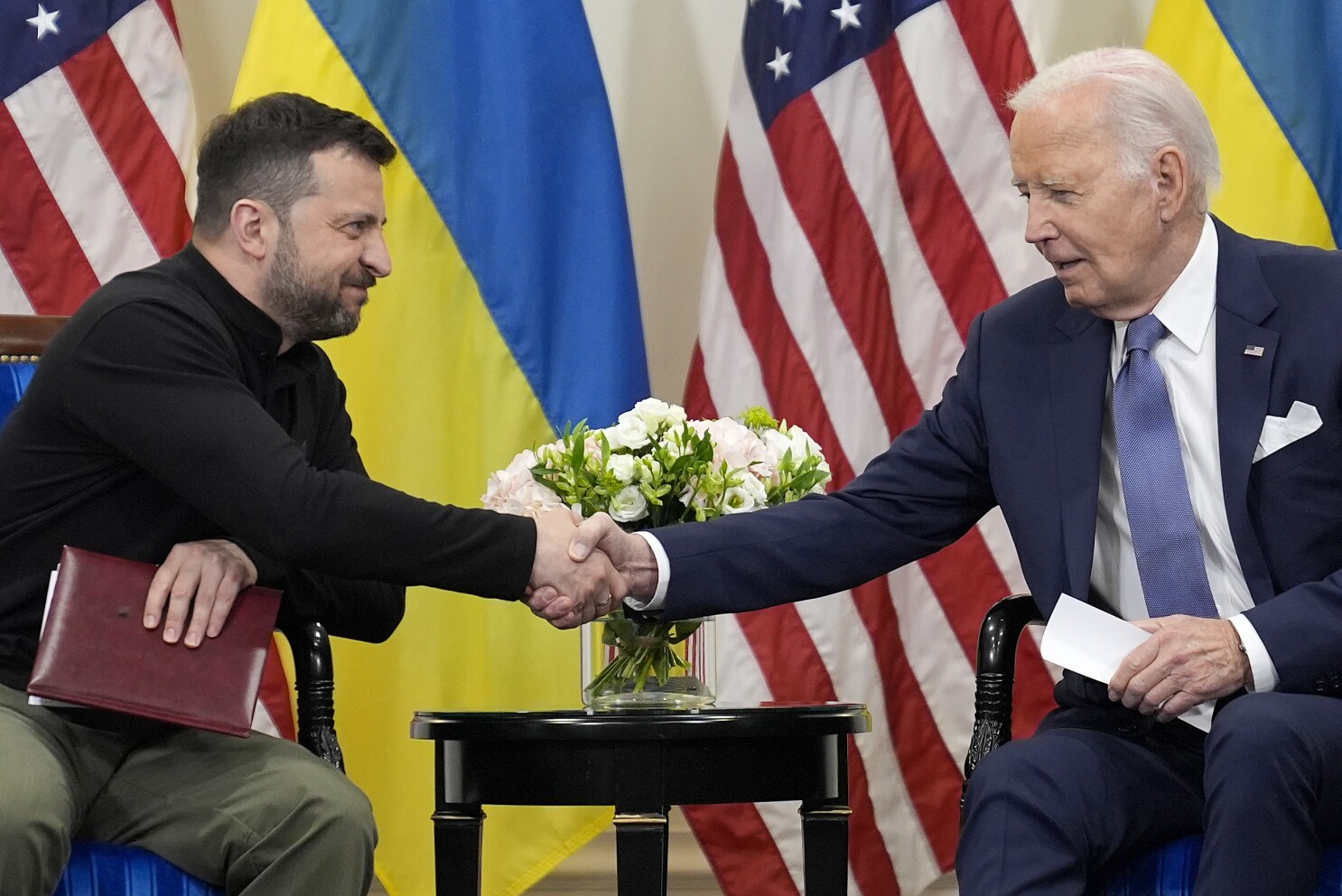
Tensions Rise Over Ukraine’s Mineral Resources
Trump’s latest broadside against Zelensky followed the Ukrainian president’s public rejection of a US proposal to gain access to Ukraine’s mineral resources—and to share in the profits. “That’s not a serious conversation,” Zelensky responded. “I can’t sell our state.”
Yet Trump seems resolute in his vision of reshaping US military commitments, signalling a shift away from European security and towards containing China. Even before his decisive re-election in November, he had frequently criticised the scale of US military assistance to Ukraine, dismissing Zelensky as “the greatest salesman of all time” for his ability to secure funds from Washington. While foreign policy may not have been at the forefront of voters’ minds during the election, Trump’s position on Ukraine did not prove to be a political liability, despite sustained criticism from his opponents. His willingness to challenge international norms and push the limits of US power on the world stage mirrors his domestic agenda, where he has sought to drastically reduce federal government influence while expanding presidential authority. At present, there is little visible opposition within his own party.
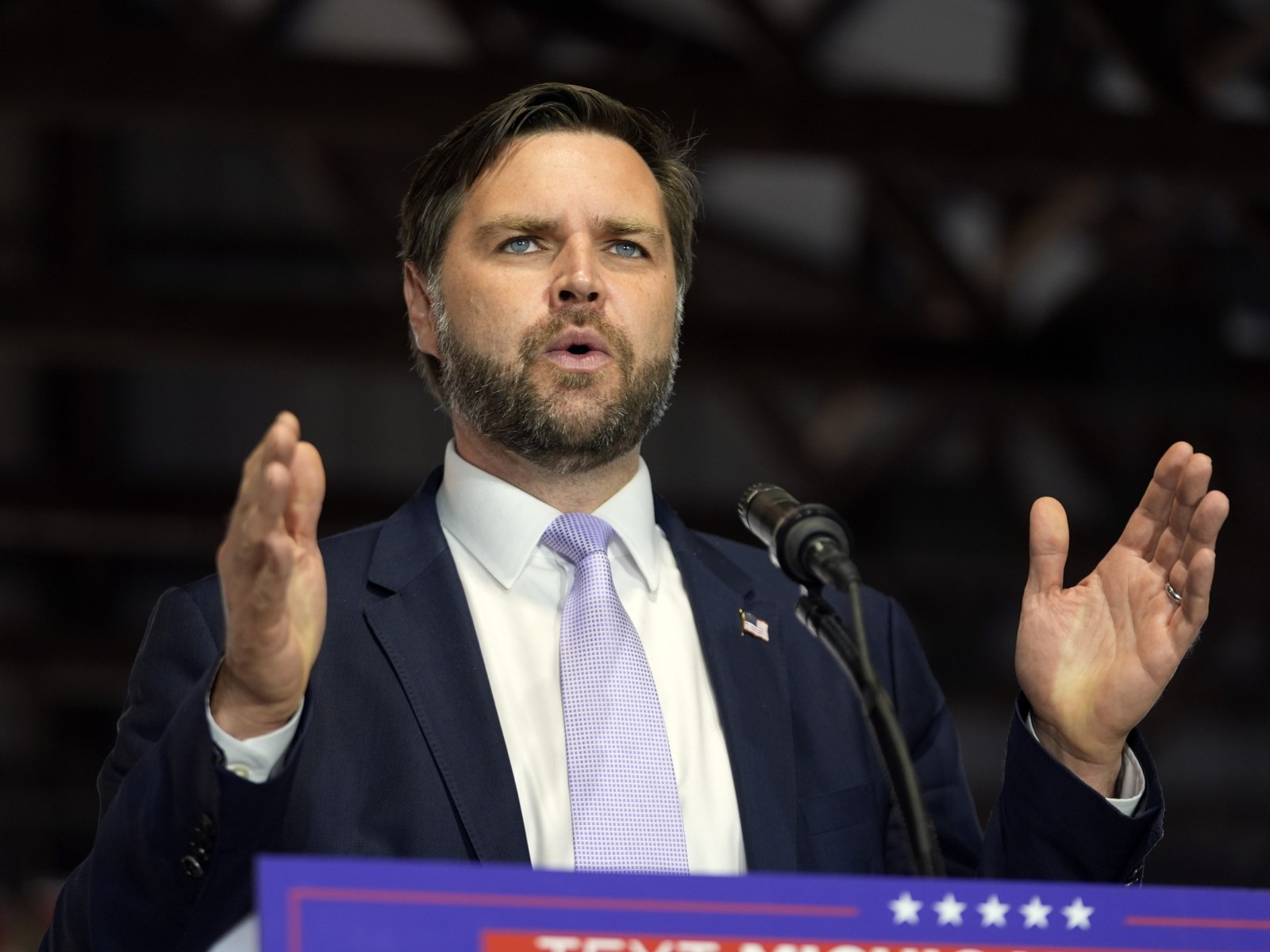
Muted Republican Response to Trump’s Criticism of Zelensky
Following Trump’s social media tirade on Wednesday, only a handful of Republican senators expressed dismay. “I certainly would not call President Zelensky a dictator,” said Lisa Murkowski of Alaska.
Susan Collins of Maine, another frequent Republican dissenter, also voiced her disagreement, while Louisiana Senator John Kennedy described Putin as a “gangster.” Fresh from a visit to Kyiv, North Carolina Senator Thom Tillis was even more direct: “The Ukraine war is the responsibility of one human being on the face of the planet: Vladimir Putin.”
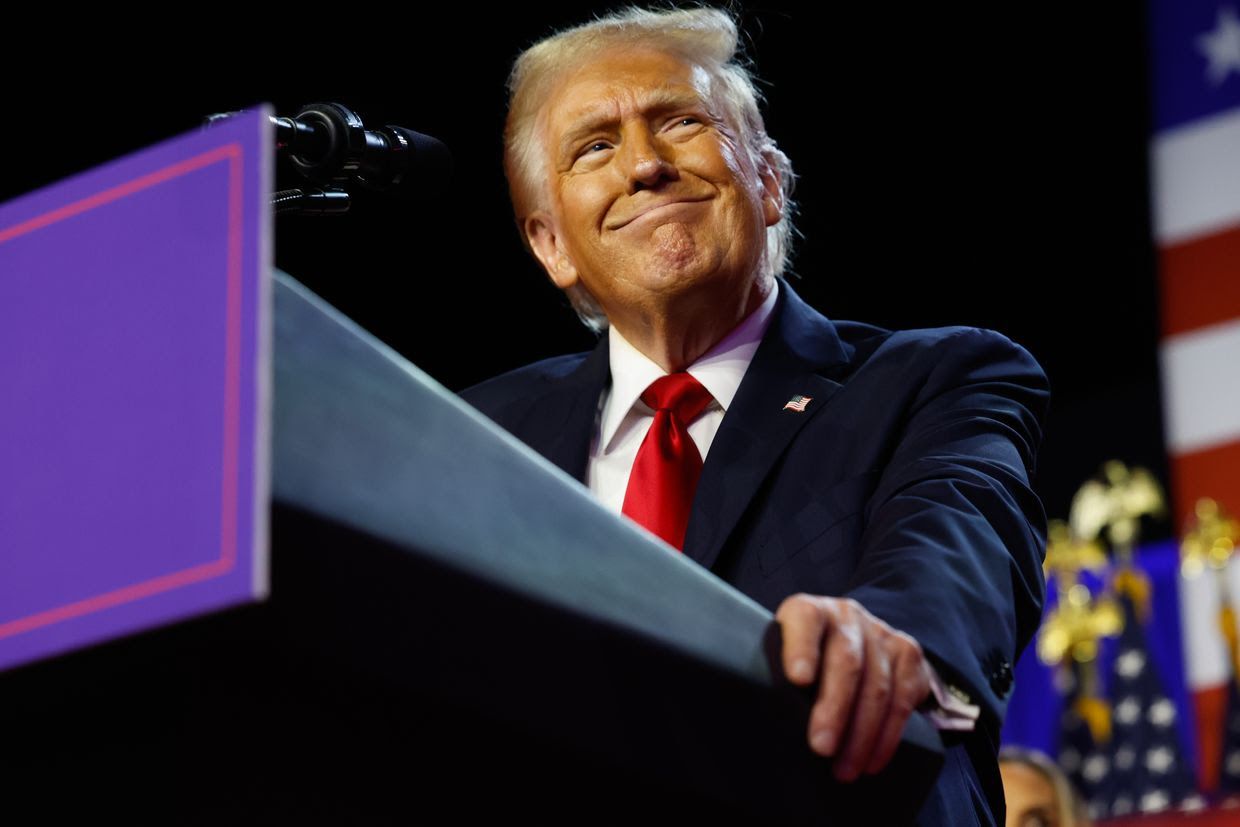
However, history suggests that such comments will not translate into any meaningful effort to alter Trump’s foreign policy direction. US presidents wield significant power in international relations, and Trump has been consistent in his views on Ukraine for years. He has repeatedly blamed the war on what he sees as the Biden administration’s weakness and insists that resolving the conflict would be “easy.” Although his criticism of Zelensky had not previously been as pointed as it was this week, he has long suggested that the Ukrainian leader is exceptionally skilled at persuading Congress to send financial aid to his country.
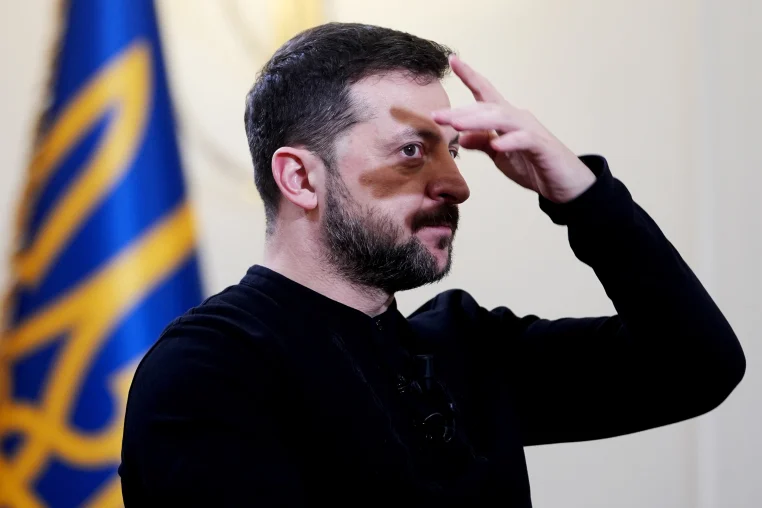
Trump ‘Living in a Disinformation Space’ Created by Russia - Zelensky
Trump’s history with Zelensky has been complex and, at times, fraught. In 2019, he was impeached for withholding military aid to Ukraine while allegedly pressuring Zelensky to open an investigation into his political rival, Joe Biden. The Ukrainian president’s forthright appeals for foreign support, his widespread acclaim among American liberals, and his sometimes blunt diplomatic style have likely contributed to Trump’s antipathy towards him. “The idea that Zelensky is going to change the president’s mind by criticising him in public media—everyone who knows the president will tell you that is an atrocious way to deal with this administration,” Vice-President JD Vance recently remarked.
Meanwhile, Trump has remained steadfast in his favourable stance towards Putin and his willingness to entertain the Kremlin’s perspective. He previously described Putin as a “genius” just days after the Russian invasion of Ukraine began. And during a 2018 summit in Helsinki, he controversially stated that he saw no reason to doubt Putin’s insistence that Russia had not interfered in the 2016 US election—directly contradicting the findings of US intelligence agencies. During Trump’s first term, his foreign policy team included figures such as John Bolton, Mike Pompeo, and John Kelly—officials who were more sceptical of Russia and at times acted as moderating forces. Now, however, Trump is surrounded by like-minded advisers who either share his views or are unwilling to challenge them.
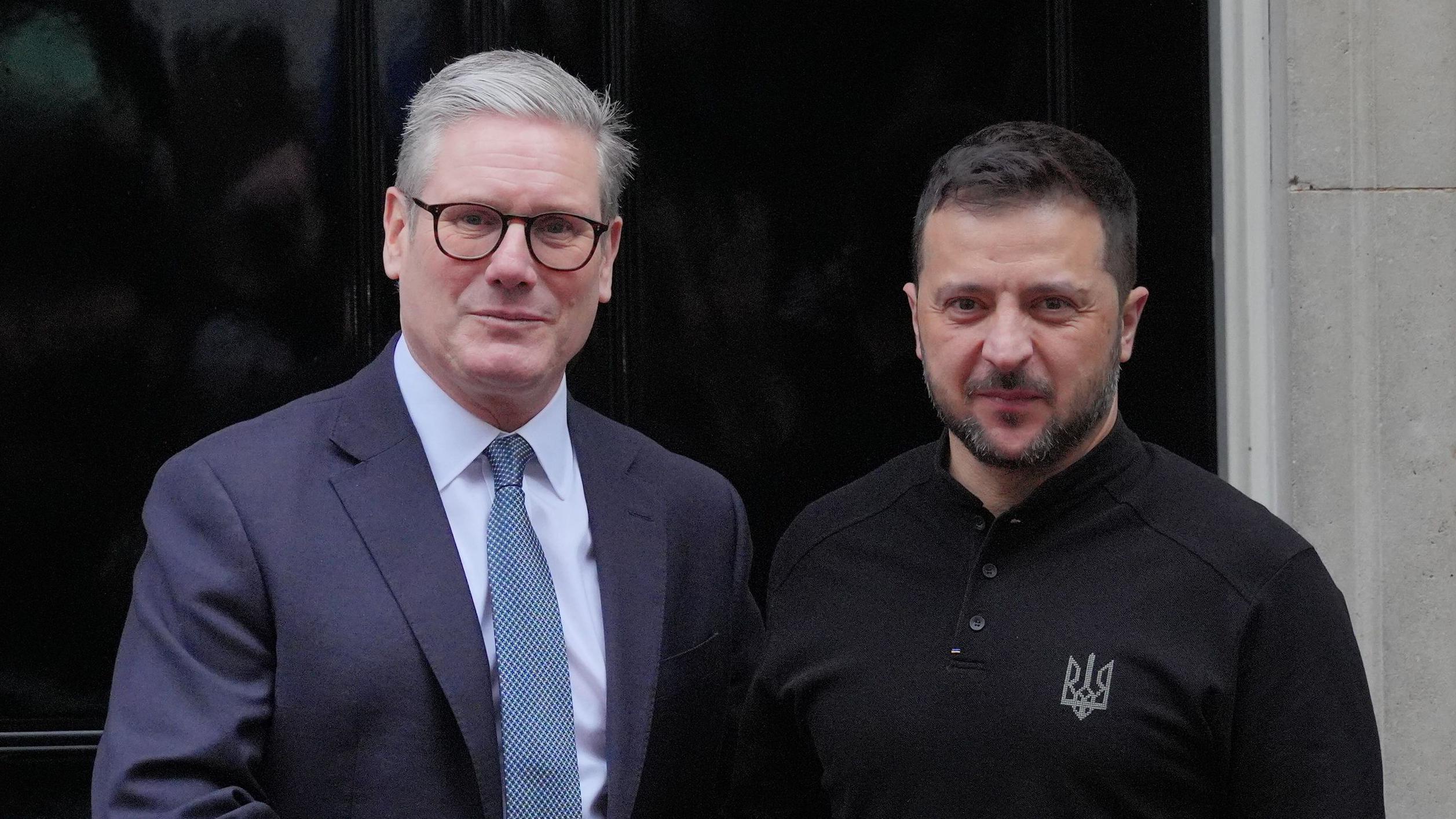
Secretary of State Marco Rubio, once considered a foreign policy hawk, has carefully aligned himself with Trump’s stance. Keith Kellogg, a known Russia critic who had been appointed as Trump’s envoy to Ukraine, has been sidelined from negotiations with Moscow. Instead, Steve Witkoff—Trump’s Middle East representative and a close confidant—has been actively involved in shaping diplomatic efforts.
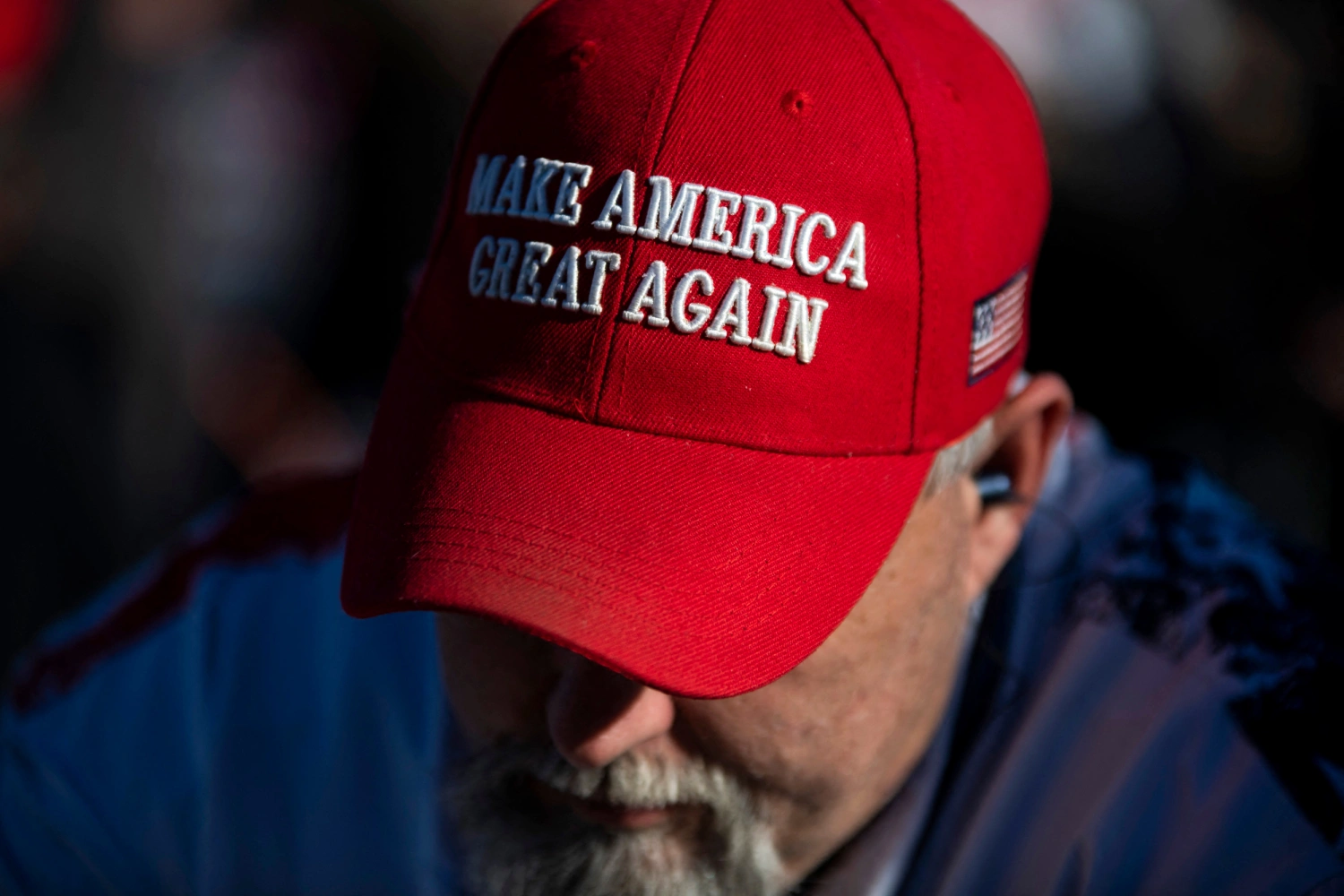
A Republican Base That Backs Trump’s Stance
Surprisingly, Trump’s position on Ukraine is not just a personal conviction; it is backed by a significant portion of his party’s base. A Pew Research survey conducted in February revealed that only 30% of Republicans believed US support for Ukraine was “not enough” or “just right”—a sharp decline from the 72% who held that view when the war began. Meanwhile, 40% of Republicans said they believed aiding Ukraine actively harmed US national security, compared to just 27% who thought it helped.
While the Biden administration has framed support for Ukraine as essential to America’s strategic interests, Trump and his closest advisers take a very different view. Their approach is not shaped by ideological struggles but by a transactional outlook, in which global engagements are assessed solely in terms of tangible benefits to the US. Trump’s social media post on Wednesday lamented that America “will get nothing back” for the billions it has poured into Ukraine. His interest in Ukraine’s mineral wealth aligns with his broader pattern of linking foreign policy to economic gains—whether it be his past proposals to redevelop Gaza’s coastline as a luxury resort or his push to secure control over Syrian oil fields during his first presidency.
His “America First” vision does not include committing US resources to promote democracy or engaging in distant conflicts across what he described as a “big, big beautiful ocean.” “The Ukraine war,” Trump stated, “is far more important to Europe than it is to us.”
A Long Time Coming
This shift marks a significant departure from the interventionist approach championed by George W. Bush, the last Republican president before Trump. But while the recent escalation in Trump’s rhetoric may feel sudden, the transformation of Republican foreign policy under his leadership has been years in the making. For Trump, it is not about defending long-standing alliances or upholding democratic values. His foreign policy revolves around what serves American interests in the most immediate, tangible way. And, for now, his party appears content to follow his lead.
With inputs from agencies
Image Source: Multiple agencies
© Copyright 2024. All Rights Reserved Powered by Vygr Media.

